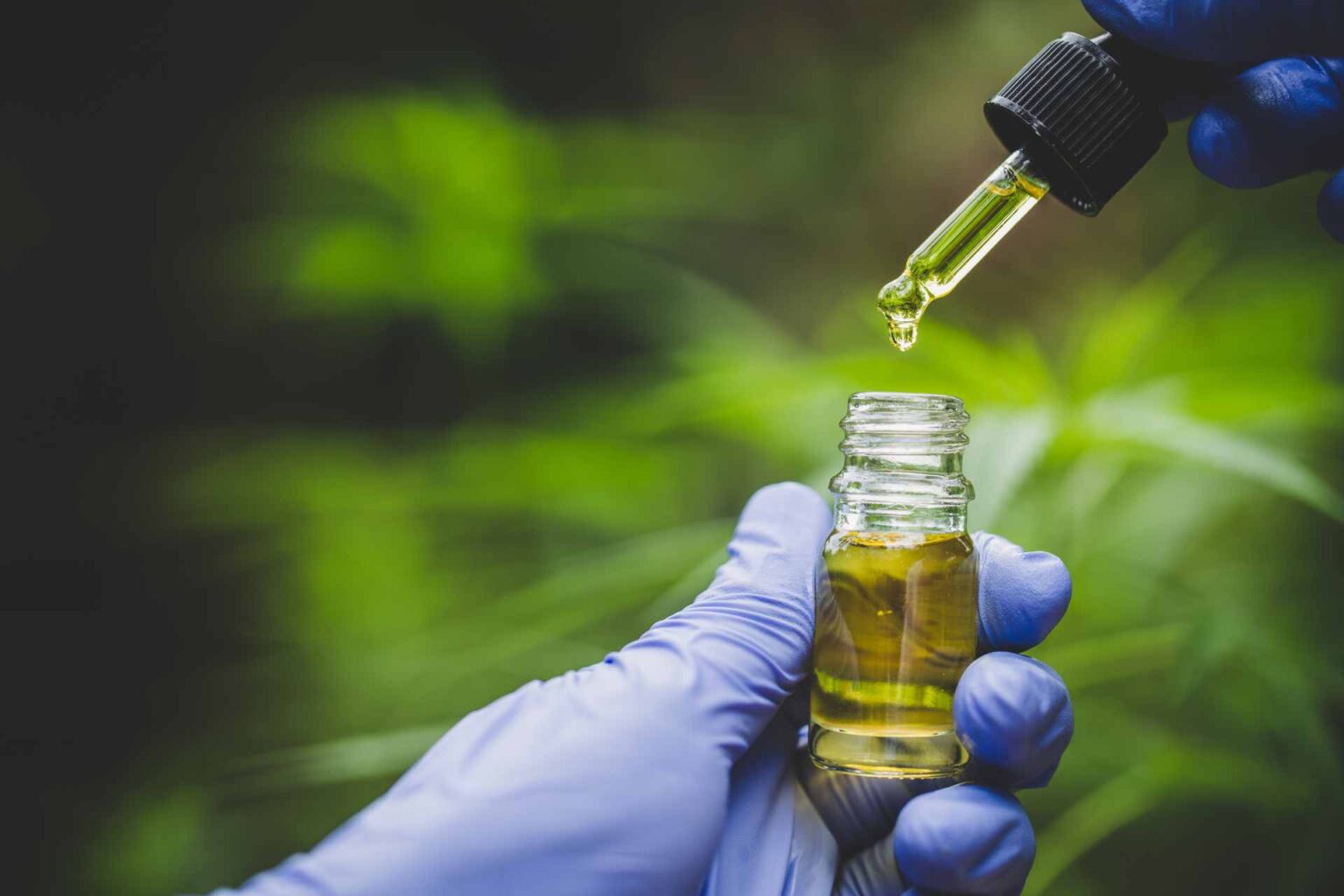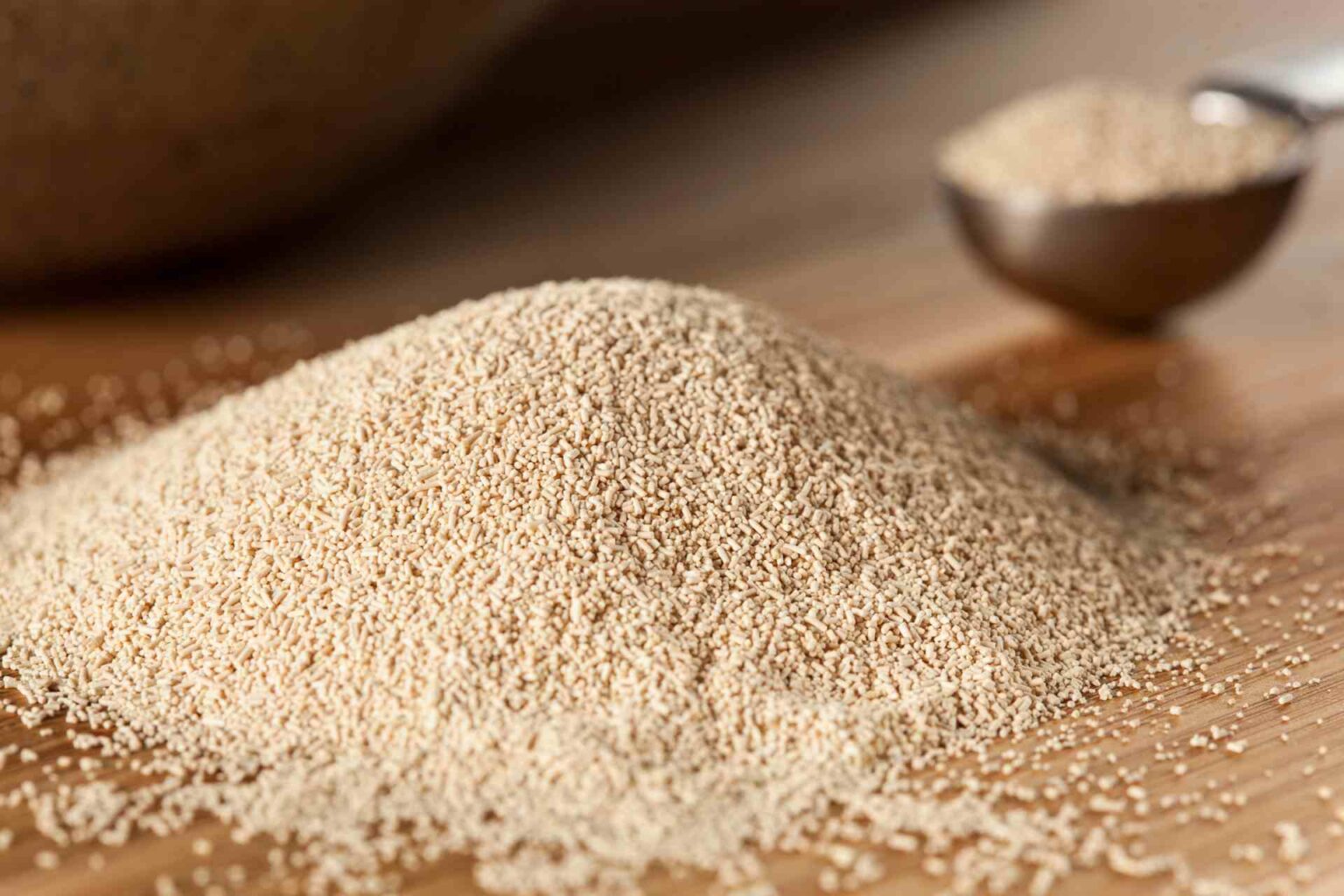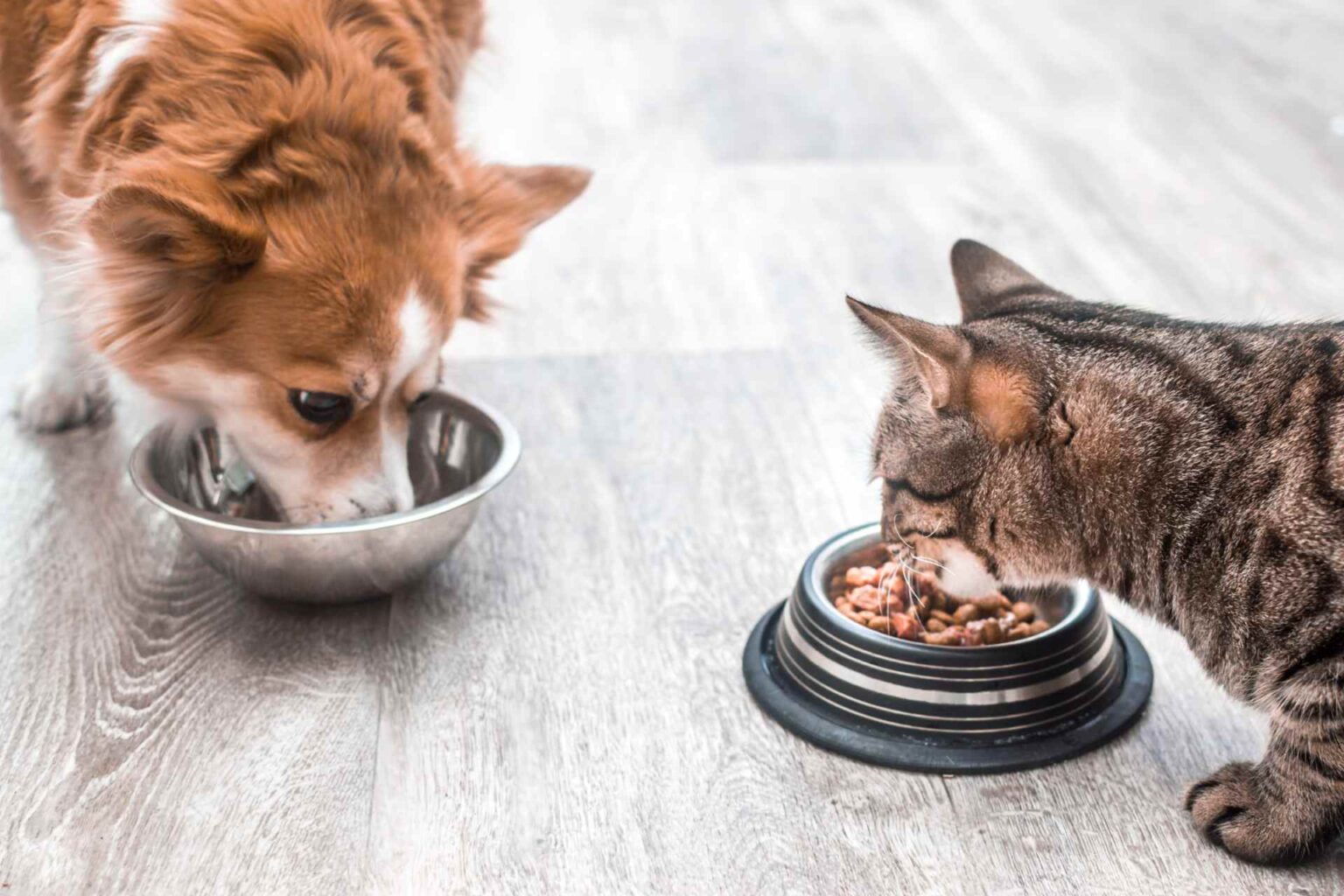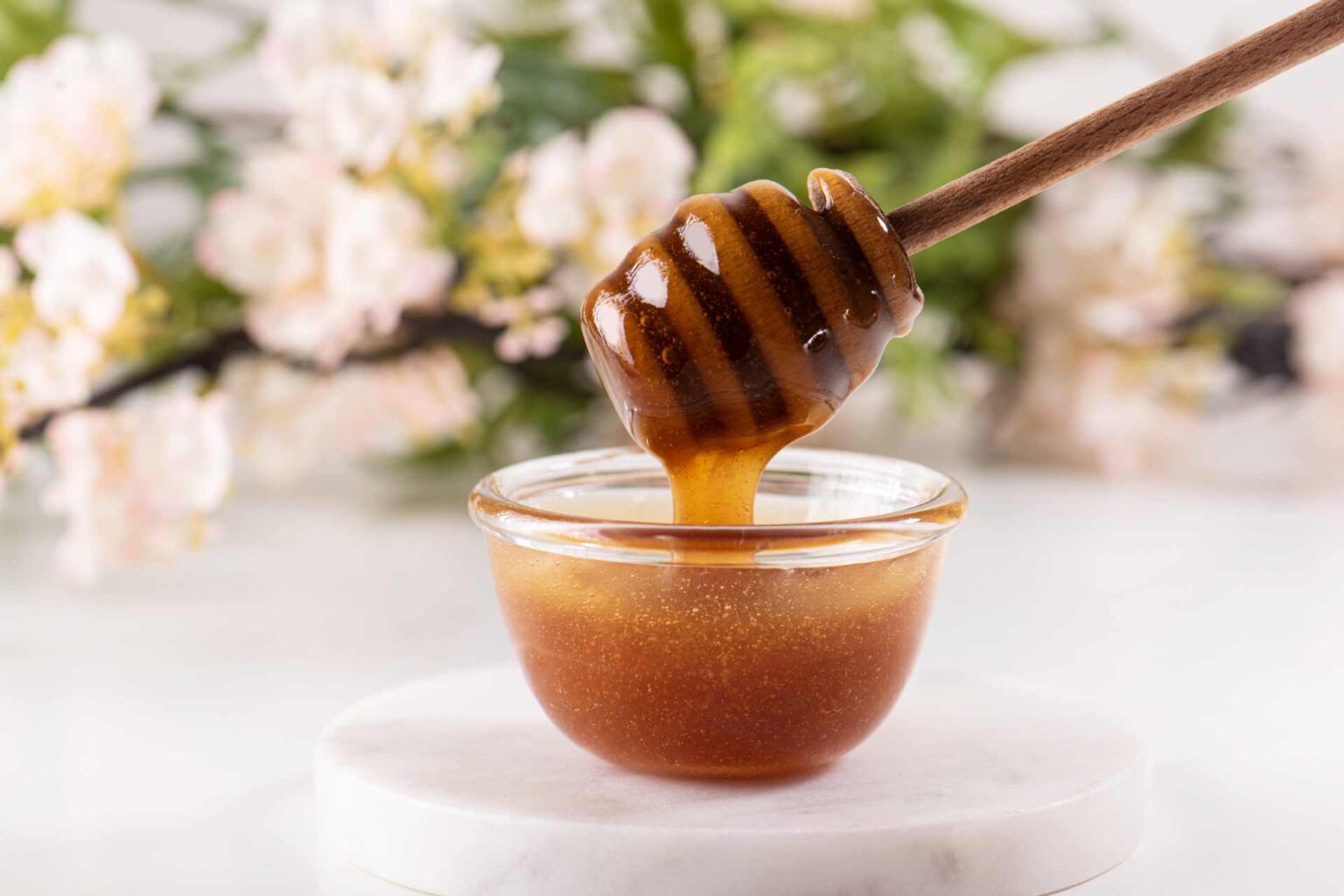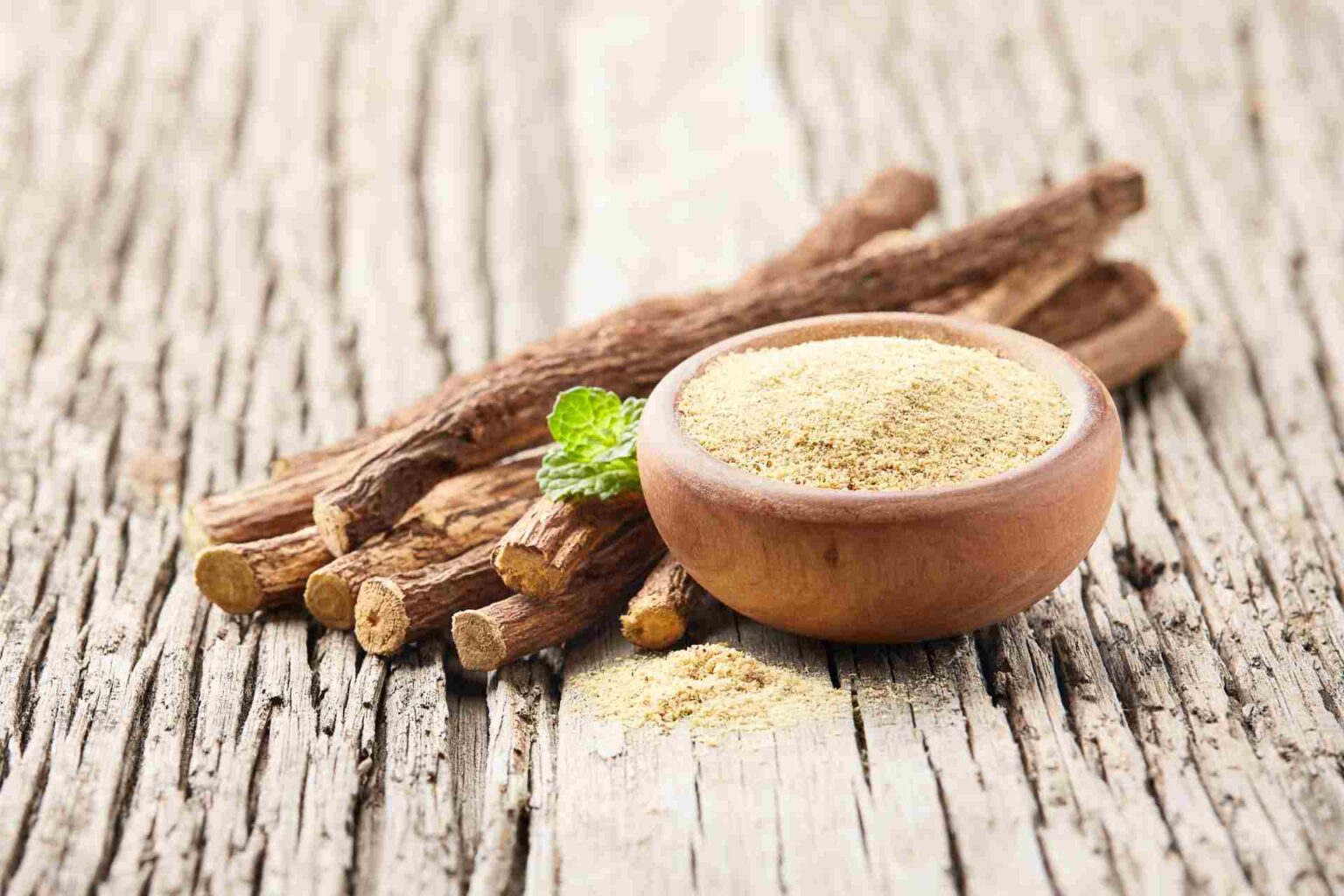Spirulina (Arthrospira platensis), one of those foods referred to as a “superfood,” is considered a functional food due to its valuable nutritional profile and components with potent antioxidant, anti-inflammatory and immune-modulating properties.
Dogs and cats can also enjoy its beneficial effects, but will its administration be easy for the owner?
The palatability of nutraceuticals may be a primary factor in determining owner compliance when used as complementary feeds.
The study, all-Italian, carried out by the Faculty of Veterinary Medicine in Padua, Italy, assessed whether dietary supplementation of increasing amounts of spirulina for 6 weeks is palatable to pets and investigated owners’ perceptions of such supplementation.
Owners of 60 dogs and 30 cats were involved who were given spirulina tablets of 0.4 g, 0.8 g and 1.2 g for small cats or dogs, medium-sized dogs and finally large dogs, respectively.
The daily amount (g/kg body weight) of spirulina ranged from 0.08 to 0.25 for cats, 0.06 to 0.19 for small dogs, 0.05 to 0.15 for medium dogs, and 0.04 to 0.12 for large dogs.
The dose was increased incrementally every 14 days; owners filled out a questionnaire every 14 days.
Results of the study
This study shows that since no notable adverse effects were observed, daily administration of A. platensis for 6 weeks in amounts between 0.4 and 3.6 g/day in dogs and between 0.4 and 1.2 g/day in cats is well tolerated.
In addition, Spirulina tablets appeared generally well-accepted by both dogs and cats, and their palatability allowed administration alone in an empty bowl or mixed with food.
However, a minority of animals, especially cats, may reject them anyway, despite the method of administration adopted.
Owners seemed willing to administer dietary spirulina in the future for their dogs, especially owners of older subjects.
Reference
Stefanutti, D.; Tonin, G.; Morelli, G.; Zampieri, R.M.; La Rocca, N.; Ricci, R. Oral Palatability and Owners’ Perception of the Effect of Increasing Amounts of Spirulina (Arthrospira platensis) in the Diet of a Cohort of Healthy Dogs and Cats. Animals 2023, 13, 1275. https://doi.org/10.3390/ani13081275





